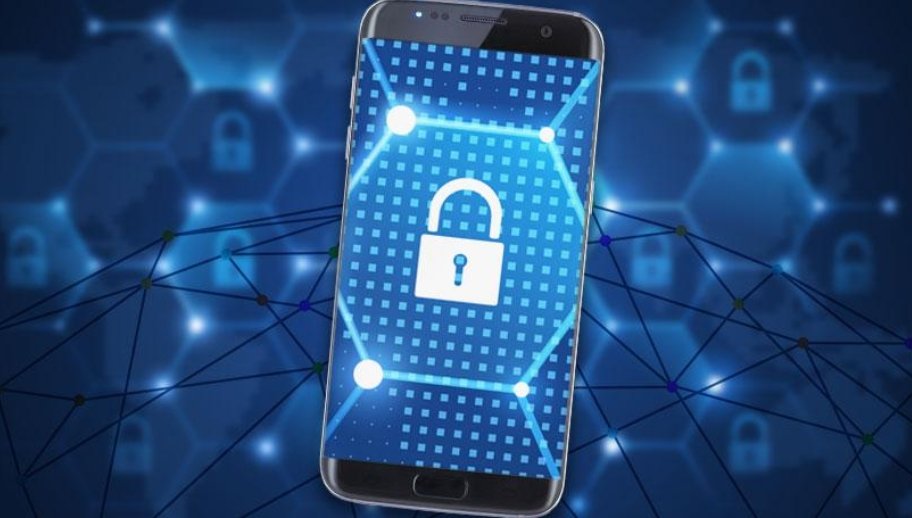Smartphones and computers are no longer independent portions of our digital life; they are now two pieces of the same process. You may start reading an article on your Android phone while you are on the bus or train, and then switch to your Windows laptop when you arrive home. Or you may be on a business call on your tablet while your laptop transfers files in the background. With public Wi-Fi networks and remote work settings becoming more common, this continual activity across platforms has made security harder.
For a lot of individuals, using a free VPN for Windows is a simple way to start securing their personal information. You can keep your IP address hidden, prevent being tracked, and protect your transactions while you browse the web with encryption. You also don’t have to sign up for a membership right away. Free alternatives normally have certain limits, but they are frequently good enough for occasional laptop use, especially while you are traveling or connecting to a public network. The true benefit comes when you utilize that VPN protection on all of your devices, not just your Windows desktop.
This is where the contemporary VPN world really shines. Today’s VPN services come with easy-to-use apps for Android and iOS, so you can keep your security up no matter what device you’re using. Your data is just as safe whether you connect your phone to a public Wi-Fi hotspot while waiting for a flight as it is when you work from your Windows laptop at home. Cybercriminals and data trackers have a far tougher time finding weak points in your online activities when you have this sort of privacy that is always on and seamless.
It’s also impossible to deny how easy it is to use. With mobile VPN apps that are well-made, connecting to a secure server is frequently as easy as touching one button. Many applications also have auto-connect capabilities, which safeguard you right away when your device connects to an unprotected network. This is especially helpful for Android users in common situations, such when they go into a café and utilize the free Wi-Fi to download big files or view a short movie.
Many new VPN users worry about performance, although contemporary technology has made a lot of progress in this area. Smart routing, fast servers, and connection protocols make it easy to browse and stream. This implies that Android users who watch movies, play online games, or operate cloud-based apps may keep their VPN on without any apparent slowdown. If you use a Windows laptop, you may also keep your performance up by picking a server location that is close to you.
Encryption is important for more than just perusing the web. A VPN on your Windows desktop and Android phone keeps your private activities protected. This involves entering into bank accounts, employment portals, and exchanging private data. Your ISP may be able to see everything you do online, even when you’re at home, if it’s not protected. That gap is filled by a VPN, which gives you greater control over who may see your digital trace.
Many VPN programs for Android and Windows these days provide extra capabilities that will appeal to users who are concerned about their privacy. Employ the built-in virus scanners, ad blockers, and anti-tracking mechanisms to augment the security and pleasure of your online activities. These capabilities preserve mobile data by obstructing the operation of viruses and advertisements in the background.
Prioritizing stability and security is essential while using a VPN on several devices. No matter where you are or how you connect your Windows laptop and Android phone, they will always be linked to the same private network. You can do your work better if you’re not stressed. You won’t feel like someone is watching you while you work on business papers, stream a show, or just browse the web.

